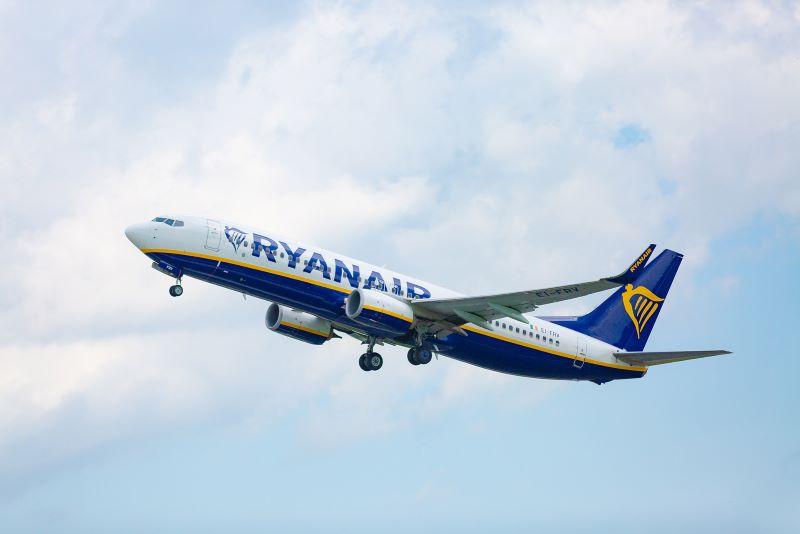
Credit: Ryanair
Traffic in the European region reached 73.6% of 2019 levels in the week to March 13, European network manager Eurocontrol said, despite the disruption and uncertainty caused by Russia’s invasion of Ukraine which is having a significant impact on aviation. Eurocontrol director general Eamonn Brennan...
Subscription Required
This content requires a subscription to one of the Aviation Week Intelligence Network (AWIN) bundles.
Schedule a demo today to find out how you can access this content and similar content related to your area of the global aviation industry.
Already an AWIN subscriber? Login
Did you know? Aviation Week has won top honors multiple times in the Jesse H. Neal National Business Journalism Awards, the business-to-business media equivalent of the Pulitzer Prizes.





